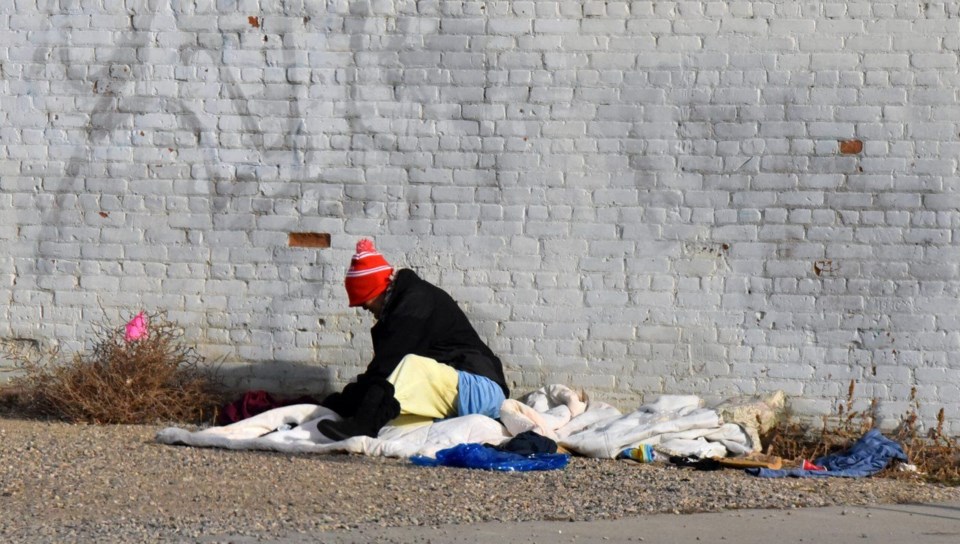THUNDER BAY – A pilot program offering targeted supports to people experiencing homelessness at a number of encampments in Thunder Bay is reporting early success in connecting people with housing.
The initiative, known as the unsheltered homelessness pilot project, sees workers from a number of local agencies visit several encampments across the city five days a week, offering food, laundry service, and supporting access to social and health services.
Project leaders say it’s helped connect more than two dozen people with housing, and more than half a dozen with employment, over the past year.
The pilot project is being led by Elevate NWO, along with groups including Matawa First Nations Management, NorWest Community Health Centres, and the Ontario Native Women’s Association. The City of Thunder Bay has helped to coordinate the initiative, and the Thunder Bay Police Service is also involved.
On Monday, Thunder Bay’s city council will hear a request for $15,000 in funding for the project, which leaders say will help continue the program for the remainder of the year.
City staff support the request, suggesting the funds can be drawn from an existing pool of funding received from the Canadian Public Health Association to support public health approaches to drug use.
The pilot program has previously received funding from groups including the United Way of Thunder Bay, Nishnawbe Aski Nation, and the Thunder Bay Indigenous Friendship Centre.
It was developed in part as a response to concerns about violence faced by those living without shelter after a man drove his truck over a tent at the County Fair Plaza last fall, with agencies reporting other threats to homeless people around the same time.
Elevate NWO initially secured hotel rooms for some sleeping in encampments, an approach supported by outside funding but not financially sustainable.
The organization has since secured two cluster housing units with assistance from the Thunder Bay District Social Services Administration Board, providing transitional housing for 25 to 40 people at a time.
The project has connected 10 people with permanent housing and 21 with transitional housing, organizations reported in late June.
It also led to at least seven people who had been living on the street securing employment helping to run warming shelters and serving as outreach workers for the pilot project.
The program tracks participants for three to six months, and reports a majority of those supported through the program have remained housed.
Elevate NWO executive director Holly Gauvin estimates the outreach work and supplies provided through the pilot program will cost about $70,000 a year, running throughout the warmer months from about May to October or November, when more people are on the streets.
In an interview, Gauvin said the additional funds requested from the city will help support work she believes is not only bringing dignity and alleviating suffering for those living on the street, but ultimately paying off by lifting the burden on other services.
“I don’t think it’s a leap of faith to believe that because of [these interventions], we see a reduction of people going to ERs and other clinics, we see a reduction of police having to respond to what is frankly nothing more than a nuisance issue," she said.
"I think [it’s] a wise investment in freeing up our doctors and overworked nursing staff and overworked police force, and treating this as what it is – a health and social services [issue].”
She also said the program is helping to address concerns about encampments from nearby residents, working with those sleeping rough to arrange garbage collection and communicate concerns about noise and other issues.
Cynthia Olsen, manager of community strategies for the city, called the pilot program a promising new approach.
“It’s been extremely successful,” she said. “Really having the community partners really rally together, coordinate their efforts.”
